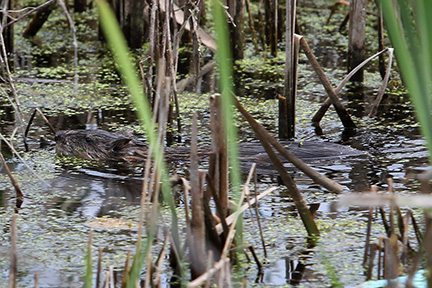
UAlberta's Department of Resource Economics & Environmental Sociology is renowned internationally for its research in environmental valuation-putting prices on things that aren't traded in markets.
The modestly sized Department of Resource Economics and Environmental Sociology (REES) punches far above its weight with its new international ranking against similar programs.
The department was named 22nd in a list of 65 universities and research institutions from around the world in the newly published ranking by RePEc, an organization that disseminates research papers in economics.
"The ranking is largely based on research output and citations," said Peter Boxall, chair of REES.
"A ranking like this is also a function of productivity of the department, and we're up against a lot of large and very good institutions. [The University of California-]Berkeley is in there. Iowa State, and [the University of] Maryland are the top programs in the world and are also fairly large departments."
With just 19 researchers in its department (and several of those are environmental sociologists whose work would not be cited in economics papers), REES is also ranked far higher in this list than any of its Canadian competitors. The closest, the University of Guelph, came in at 43.
This new ranking is a testament to REES's research depth in environmental and resource economics, a field of study that is missing in many of the other agricultural economics departments in Canada, said Boxall. The department excels in that area, he said.
"Environmental valuation-putting prices on things that aren't traded in markets-we're known internationally for that," he said, citing work done by Faculty of ALES vice-dean Vic Adamowicz and Boxall, himself.
"We're also starting to do some work on policy mechanisms, and James Rude is one of Canada's agricultural trade experts."
While Boxall hopes that the new ranking will attract more graduate students to REES, he is keen to climb higher in the rankings by bolstering the department's unique expertise. To that end, in September the department hired assistant professor Maik Kecinski. Known informally as "the polar bear economist," he will conduct research on the economic development of northern and Aboriginal communities. REES is also in the midst of hiring another agricultural economist who specializes in agri-business.